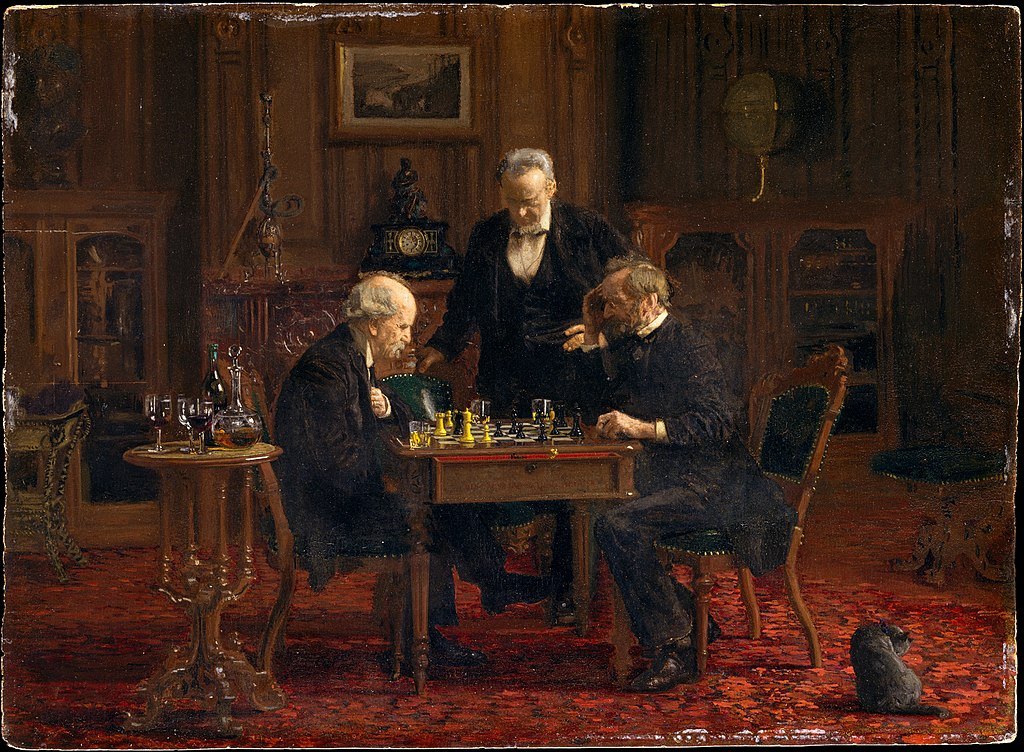How much did Sir Roger Scruton’s thought influence the current perception of Conservatism? This is hard to say. Had his mind widely reached the public opinion in depth, we could speak of an influence, but it was not so, for rarely a thinker’s mind has an influence on his own
contemporaries, and more rarely on his own generation; in case on the next. I’d say that he was a bright and cold interpreter of a commonly shared, and mutual way of thinking and perceiving the political situation in the West, and its contradiction; but it is really problematic to assess
if and how much he may have had an influence on the public political perception. For sure his work was carefully considered by specialists, and was often reported by the press, in and out of Britain, but how many people read such press and, among them, how many read this kind of news? No idea, but surely – no matter the country – they are not the majority of the
public.
It is not easy to define Conservatism, and we must keep in mind that not all the categories we can apply to the so-called Western mind can be applied to countries whose culture does not rely on the European root.
In theory one should define Conservatism “a contrario” due to what it is not. This could be easier. It is enough to look around, at the most shared behaviours and mentalities, and then say: This is not conservatism.
Once the list of the “this-is-not,” is arrived at, you’ll identify “a contrario” what Conservatism is. On the other hand, we must also beware those people who calll conservatism whatever can be used to blindly hold at any cost against social changes, just because they are changes, or just because they do not know how to argue or discuss. There is another way to define Conservatism. Basically, the difference between progressives and conservers is similar to that between children and parents. Children are attracted by everything new because it is new. Children want to do what they want, because they want it. Children have no experience;
Hence, they cause dramatic damage, which sometimes is impossible to solve. Children are egoistic, looking for, and caring for their own interest only; they despise rules, are arrogant, pretend to know everything and teach lessons to everybody. Children are not educated, and know nothing about their families’ history and roots, and are accustomed to have their meals ready-made, their clothes ready-made, their homes safe and comfortable, and to cry when things are not as they like. And that’s it.
Parents know what can happen, and which consequence a particular action will normally have. Parents have experience and have learned from it – unless they are post 1968s or progressives at any cost – thus parents know which kind of result the children may get. But whoever has children knows that you can shout as much as you want, and repeat the same things as much as you want, but your children will never listen at you, till it’s too late, perhaps much too late. Then, after many years, they will also be able – at least some of them – to realize that their parents were right; but they will hardly admit it, and continue behaving the same way, or worse.
It’s easy to be a progressive: Just shout “why not this?” There is no need to support the cry with ideas and reason, whilst a conserver needs a lot of culture and skill to explain and to defend his position. Since 1789 conservers are always old-fashioned, thus guilty, who must keep and defend their positions, whilst progressive are right by definition. In brief, Conservatism in the good sense is a blend of culture, tradition, broad mentality, and attention; Conservatism is good sense applied to daily life.
A corollary: Look at how many wars were caused by leftist governments and how big those wars were, and then look at how many were started by conservative governments. Then make a comparison between the casualties caused by the former and the latter. The result: Progressives caused much more death than the conservers. Hitler was a progressive, Stalin was a progressive, Mussolini was born and remained his whole life a socialist thus a progressive. Is that enough?
Ciro Paoletti, a prominent Italian historian of military history, is the Secretary General of the Italian Commission of Military History. He is the author of 25 books, and more than 400 other smaller works\, published in Italy and abroad, and mostly dealing with modern and contemporary Italian military history and policy.
The image shows, “The Chess Players,” by Thomas Eakins, painted in 1876.
